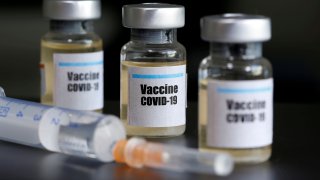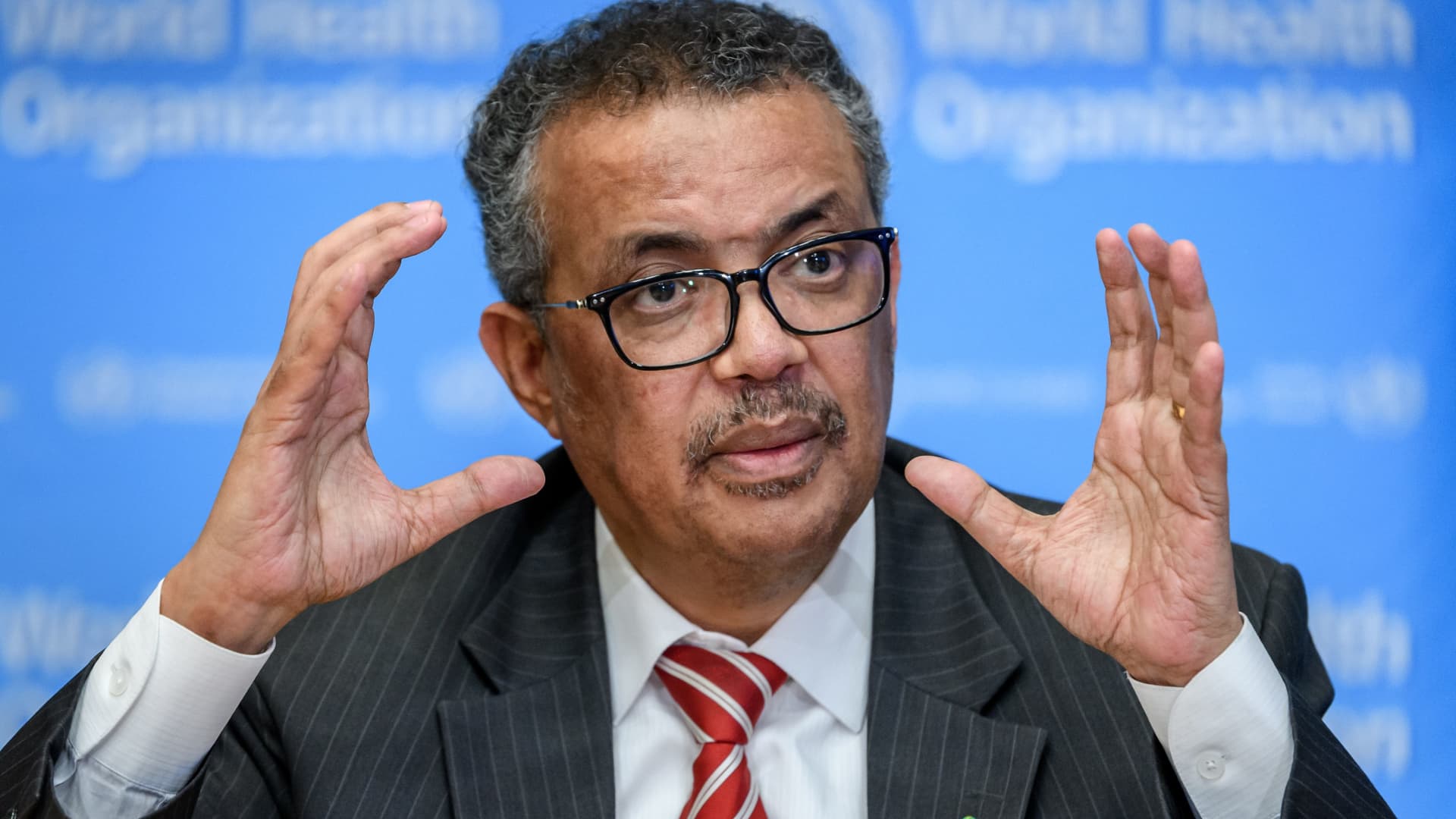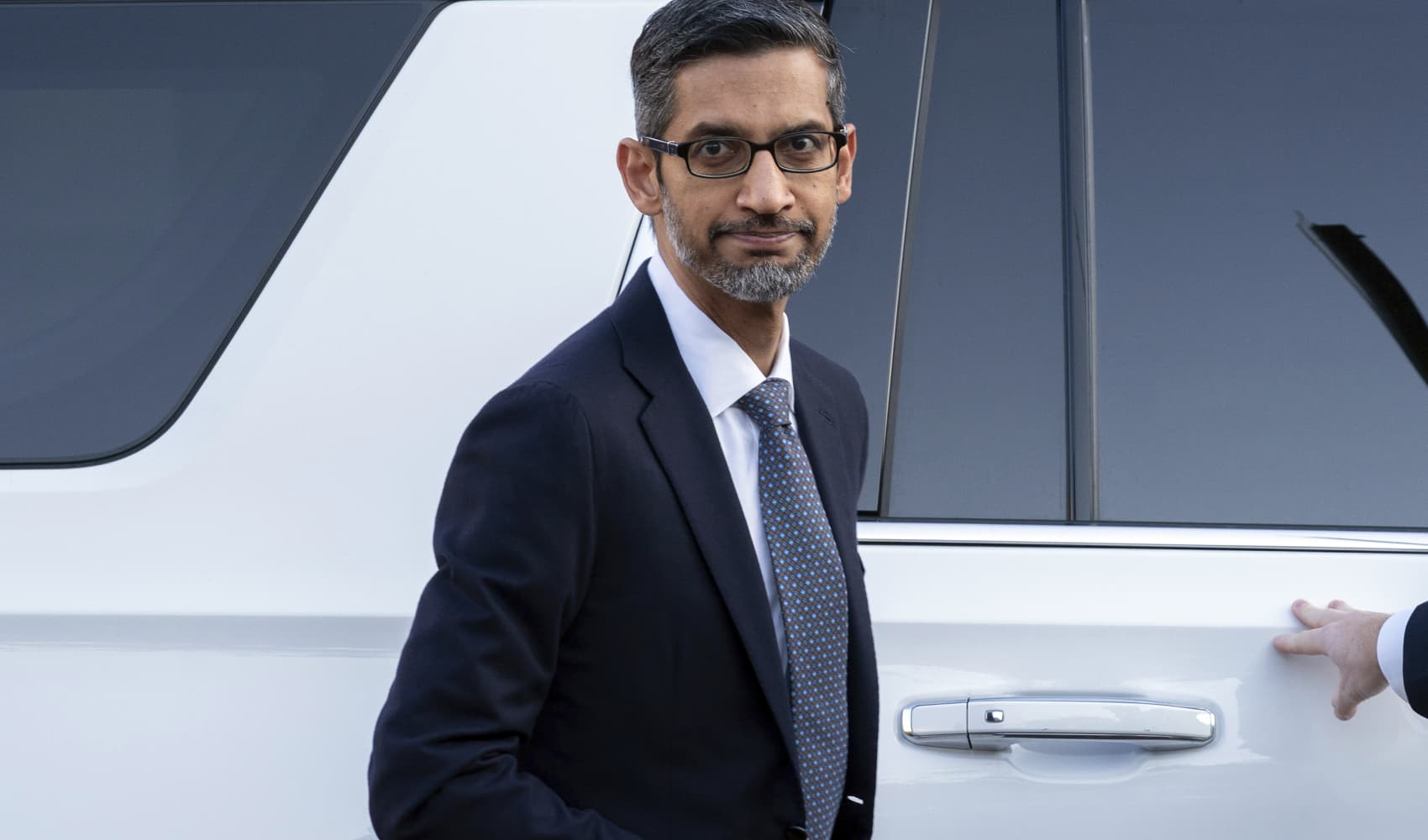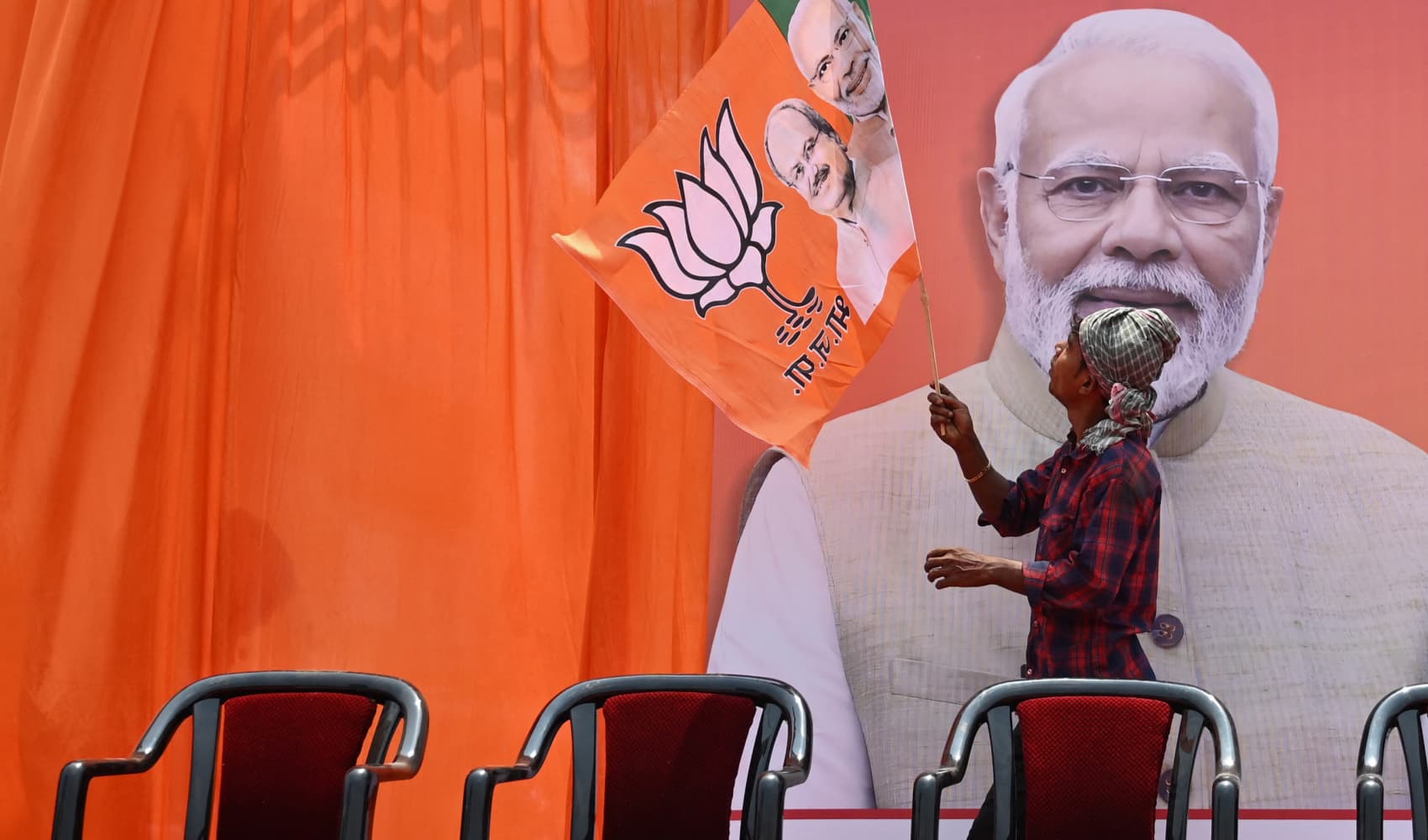
- There is growing optimism that a coronavirus vaccine could help bring an end to the coronavirus pandemic that has claimed over 1.31 million lives worldwide.
- The race to deliver a vaccine coincides with a scramble to secure future supplies, even before their safety and efficacy have been established.
- Suerie Moon, co-director of the Global Health Centre at the Graduate of Institute of Geneva, told CNBC that although there is a significant amount of money to support equitable access to future vaccines, there isn't actually a very large volume of supply available.
LONDON — High-income countries have adopted an approach akin to the "rule of the jungle" when it comes to securing supplies of prospective coronavirus vaccines, according to an expert in global health, governance, and infectious diseases.
It is likely to have significant repercussions for the volume of vaccines available for low-income countries in the coming months, Suerie Moon, co-director of the Global Health Centre at the Graduate of Institute of Geneva, told CNBC Monday.
There is growing optimism that a coronavirus vaccine could help bring an end to the coronavirus pandemic that has claimed over 1.31 million lives worldwide.
Moderna said Monday that preliminary late-stage trial data showed its vaccine was more than 94% effective in preventing Covid-19. Last week, Pfizer and BioNTech said an early analysis of their vaccine candidate showed it was over 90% effective in preventing coronavirus infections.
The race to deliver a vaccine coincides with a scramble to secure future supplies, even before their safety and efficacy have been established.
"I think from a public health perspective of course what we want to see is that the people first in line to get the vaccine are those who are at greatest risk of infection and at greatest risk of becoming severely ill. And this is true both within countries and across countries," Moon told CNBC's "Street Signs Europe" on Monday.
Money Report
"Unfortunately, what we have been seeing over the last few months is in fact more of a rule of the jungle type of situation where we have the countries that have the greatest resources primarily in Europe, in North America, Japan for example … who have managed to get a much, much larger volume of vaccines secure than the rest of the world."
She added that all countries should introduce a set of arrangements to ensure that health workers, people with underlying medical conditions, and older people are among those to have priority access to any prospective vaccines.
Wealthy countries 'betting on more than one horse'
Most countries around the world have signed up to COVAX, the Covid-19 vaccines alliance co-led by GAVI, the Coalition for Epidemic Preparedness (CEPI) and WHO.
COVAX aims to provide 2 billion does of coronavirus vaccines by the end of 2021 to protect high-risk populations across the world. In the longer-term, the alliance is designed to provide countries with enough doses to cover 20% of their population, while self-financing countries can purchase different levels of population coverage.

"The COVAX facility is a real ray of sunshine, I should say, in what has been a pretty dark situation in terms of global vaccine access," Moon said.
"One of the big problems though is that many countries are not only relying on COVAX so, as I mentioned, the wealthier countries are betting on more than one horse," she continued. "They are getting their own vaccine supply through bilateral channels, through direct agreements with companies, and they are also saying: 'We will support COVAX.'"
Ultimately, Moon said this means that although there is a lot of good intention and a significant amount of money to support equitable access to future vaccines, there isn't actually a very large volume of supply available.
"Right now, we don't expect that more than let's say a maximum of 10% or 15% of the population in developing countries might be able to access vaccines through COVAX."
GAVI said Friday that over $2 billion had been raised in support of the GAVI COVAX Advance Market Commitment, a financing mechanism designed to support 92 low- and middle-income economies' access to safe and effective Covid-19 vaccines.
The group said, however, that at least an additional $5 billion would be needed next year to ensure equitable distribution of future vaccines to those who need them.
'Countries are stronger when they work together'
Data compiled by researchers at Duke University's Global Health Innovation Centre shows that 9.5 billion doses of Covid-19 vaccines have already been reserved, even before any candidate has been approved for market.
High-income countries account for more than half of all confirmed purchases, the data shows, while the U.S. is responsible for almost one-sixth of advance market commitments (AMCs). America has ordered over 1 billion doses from half-a-dozen drugmakers.
Direct deals made by predominantly high-income countries result in a smaller piece of the pie available for equitable global allocation.

WHO Director-General Tedros Adhanom Ghebreyesus said via Twitter earlier this month that the Covid-19 response "shows that countries are stronger when they work together through multilateral platforms."
"Solutions must be shared as global public goods on the basis of equitable and affordable access for all — these are moral, public health and economic imperatives," Tedros said.






